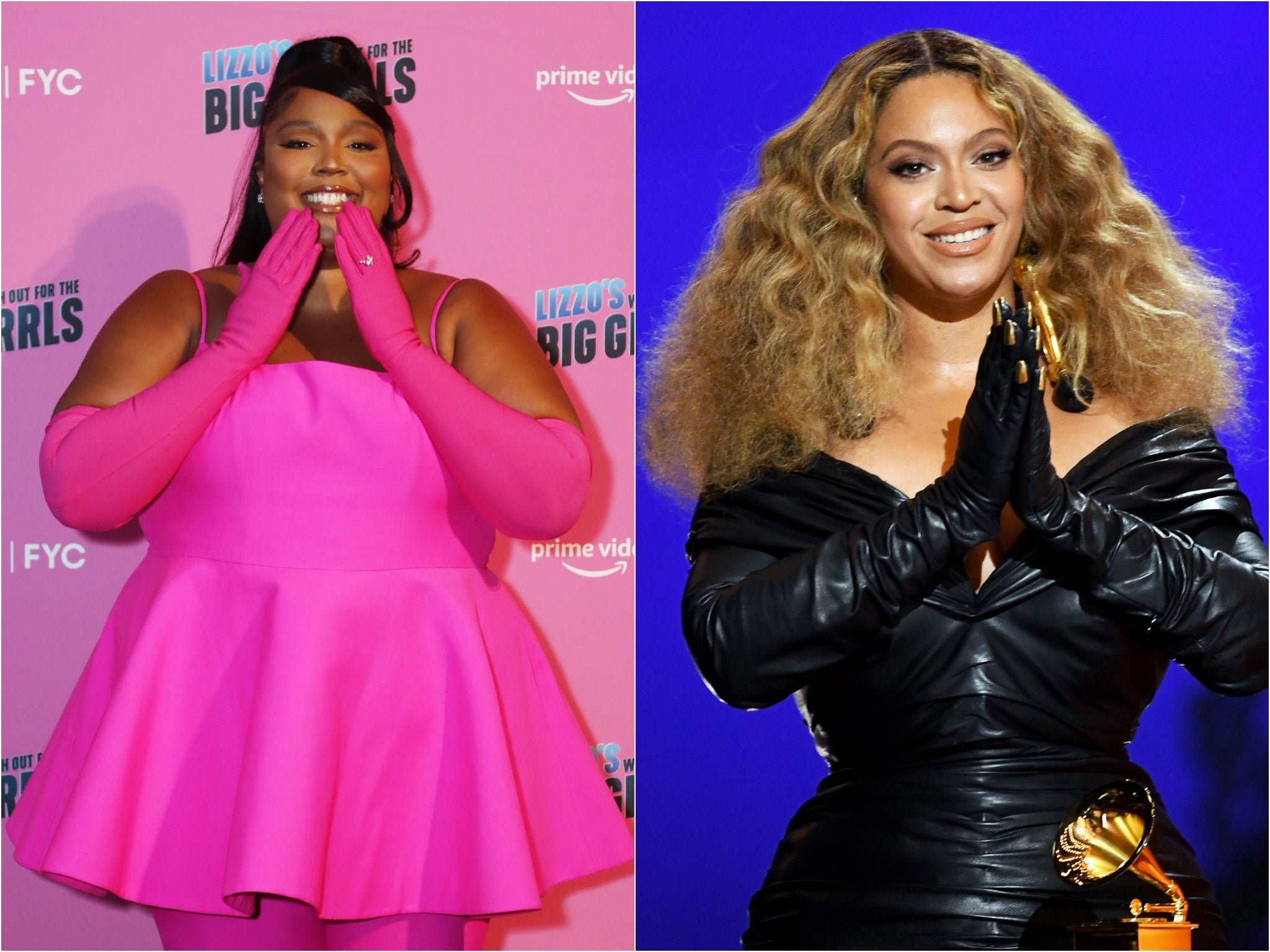Beyonce’s lyrical controversy: An ableist slur in one country, AAVE slang in the other
As a disabled Black woman, I found myself torn when I heard reactions to one particular word in Beyoncé’s latest album and a song recently released by Lizzo


Your support helps us to tell the story
From reproductive rights to climate change to Big Tech, The Independent is on the ground when the story is developing. Whether it's investigating the financials of Elon Musk's pro-Trump PAC or producing our latest documentary, 'The A Word', which shines a light on the American women fighting for reproductive rights, we know how important it is to parse out the facts from the messaging.
At such a critical moment in US history, we need reporters on the ground. Your donation allows us to keep sending journalists to speak to both sides of the story.
The Independent is trusted by Americans across the entire political spectrum. And unlike many other quality news outlets, we choose not to lock Americans out of our reporting and analysis with paywalls. We believe quality journalism should be available to everyone, paid for by those who can afford it.
Your support makes all the difference.The internet (and Beyhive) have been abuzz ever since Beyoncé dropped her new album Renaissance. While the album itself is receiving critical acclaim, one group is less than happy about some of the lyrics featured on it: specifically, the British disability community.
In the song ‘HEATED’, Beyonce uses the term “spaz” indicating that she’s about to freak out. In the UK, “spaz” can be considered an ableist slur. However, in the US, the term is commonly used in African American Vernacular English with a different meaning, often referring to oneself being out-of-control or disorganized.
While Beyoncé has already committed to changing the lyric, she isn’t the first artist to have fans take issue with this language. Lizzo used the same term in her song ‘Grrrls’ and faced backlash from fans until she changed it (to “hold me back”).
As a Black, disabled woman in the United States, I find myself torn. No one deserves to feel as if they’re facing ableism, but in my opinion the word clearly wasn’t used in an ableist context in ‘Grrrls’ or ‘HEATED.’ “Spaz rap” is a genre of its own, and other Black American artists use the term in their music as well — it appears in songs by N.E.R.D, Lil Durk, and even Bhad Bhabie. It’s interesting to see that Black female artists are the ones who really catch heat when the term is used, while white and male artists tend to fly under the radar.
Black people have the second-highest rates of disability in America and receive inferior medical care to our white counterparts, partially rooted in stigma that causes medical professionals to believe Black patients can tolerate higher levels of pain. Black women face a maternal mortality rate three times that of our white counterparts. Disability is an everyday experience for many Black Americans. It is not something we take lightly.
“Spaz” is AAVE, and AAVE is a language of its own. Black, disabled Americans like myself have no experience of that term being used against us; the word has never been used as an insult in our own community. In both Lizzo’s and Beyoncé’s songs, they use it to describe their own actions. Context matters.
Demanding a musician change a lyric that makes you uncomfortable is armchair activism at best. Certainly, Lizzo’s and Beyoncé’s decisions to listen to their European fans and remove the reference says a lot about them: how they are willing to listen, to engage in a dialogue, and to apologize and make the change if someone is offended, even if what they said wasn’t intended in bad faith. “As an influential artist I’m dedicated to being the change I want to see in the world,” Lizzo wrote in explanation.
But I’d like to see all the white people who were vocally offended over what these two Black female artists said to work to invoke effective change in the accessibility sphere, too. If all they do is allocate attention to the songs of a Black female artist, then that speaks volumes. It alienates disabled Black people further, additionally, as you won’t speak up on our struggles, but are happy to police our language. I would love to see people focus their attention on the collective struggle of Black, disabled Americans lacking apt care as a reaction to this controversy.
Join our commenting forum
Join thought-provoking conversations, follow other Independent readers and see their replies
Comments